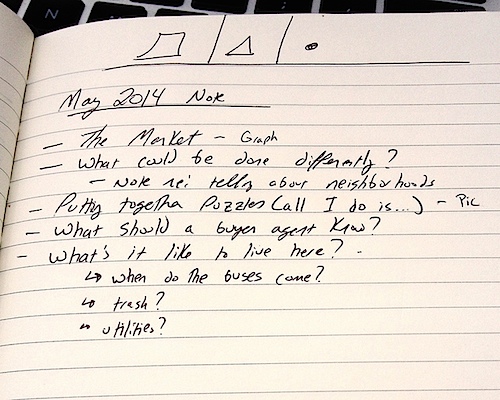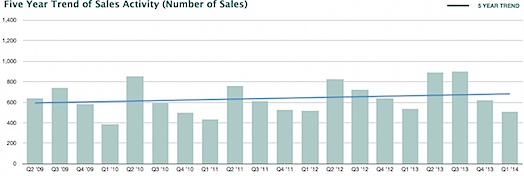This month’s note will be published by the end of the week. Promise.
The above is my working, preliminary outline for my Monthly Note – some of the best stuff I write that I don’t publish on blogs … and don’t have the archives publicly available.
Each month I do a “blog recap†of some of the more notable stories on RealCrozetVA and RealCentralVA. I’d like to think that since I’d been writing this monthly note, my writing and focus have improved on all three platforms, and I’d really like to think readers share this sentiment.
Audience: real estate consumers (although some of the best responses come from real estate professionals).
Curious? Interested? Two clicks and you’ll get this month’s note; I think I’ve picked a few great topics this month.


